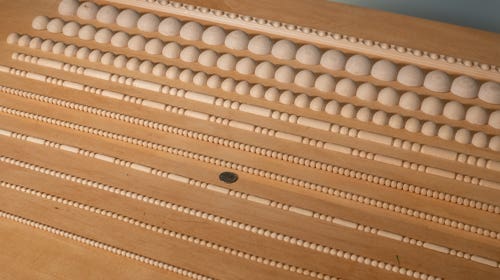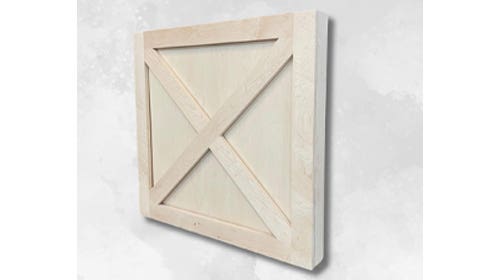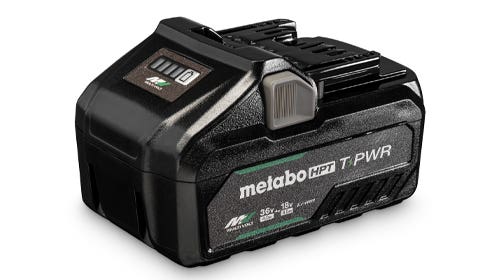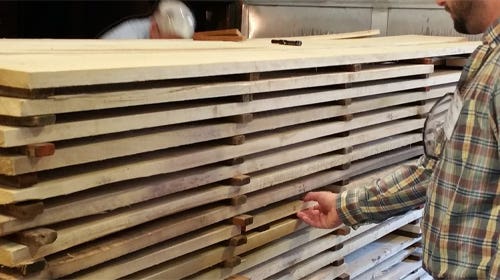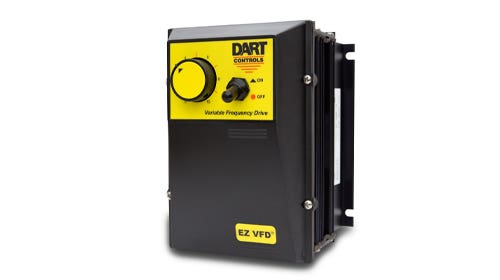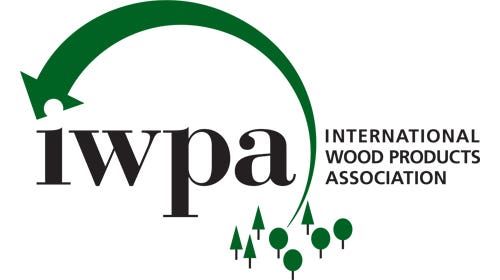Bamboo from China known for strength
San Francisco company selling FSC-certified Plyboo for customers who want sustainable and non-toxic wood The increased appetite for bamboo products by U.S. consumers is indisputable, and now customers have a…
San Francisco company selling FSC-certified Plyboo for customers who want sustainable and non-toxic wood
The increased appetite for bamboo products by U.S. consumers is indisputable, and now customers have a new offering to consider — FSC-certified bamboo flooring and plywood from Smith & Fong Co. of San Francisco. Since June, the company has been importing certified Moso bamboo that is harvested and manufactured in China. The stock is sold as FSC-certified Plyboo and is classified as NAF (no added formaldehyde) FSC flooring and plywood. Smith & Fong also offers formaldehyde-free, but not certified, bamboo products, which are sold under the name PlybooPure.
"The primary focus is bamboo plywood," says Dan Smith, president of Smith & Fong. "I would say easily that 75 percent of the material we plan to devote to is for the manufacture of bamboo plywood. There's a greater demand for FSC plywoods, particularly for bamboo plywood at this particular moment than flooring.
"The majority of the Moso bamboo in the world comes from China because the Chinese have planted so much of it, and one of the reasons is because it is a really good bamboo to use. What makes it a good bamboo is it is large enough in diameter, and tall enough in length, to be able to yield a whole bunch of varieties of usages."
Moso bamboo's strength is due to its 90 to 10 starch ratio, according to Smith. Once the starch is leached out, there is still plenty of fiber structure left to work with, unlike many other bamboos.
The bamboo comes from two forest areas managed by about 300 farmers in China. Smith & Fong has the right and ability to add between 10 and 20 percent more forest land each year that the company states will have FSC certification. Currently the company has about 2,200 acres of FSC forests and about 20 percent of the forest lands are harvested annually so the forest canopy is preserved. Since Moso bamboo grows at a quick rate, the sustainability of the forest is maintained.
Bamboo has several types of U.S. buyers, including those involved with the green movement, but Smith believes people buy bamboo for a variety of reasons.
"One of them is people who are looking for something that is sustainable and non-toxic," Smith says. "Bamboo definitely meets that criteria. The other thing is you have a bunch of bamboo nuts out there; they love anything to do with bamboo. The third one is people who are just looking for something that is appealing from an aesthetic perspective. They just like the look of it, and they don't care about sustainability; they just like the wood."
The independent European FSC-certifier, Institute for Marketkologie, certified the bamboo source, and Smith & Fong's chain of custody certificate is from the SmartWood program of the Rainforest Alliance.
"We are pleased that Smith & Fong has expanded the North American marketplace for certified products by offering bamboo plywood and flooring with the FSC label," said FSC-U.S. president Corey Brinkema in a news release. "FSC is the world's most highly respected certification for forest products. Whether a product is made of a traditional wood species, or a less traditional non-timber forest resource like bamboo, it is important for consumers to know that the forest is being managed to high social and environmental standards."
The NAF FSC plywood is available in 4x8 sheets, 3/4" thick, in natural and amber colors, and sells for about $220 to $240 a sheet. The flooring is sold in strips as large as 5/8" x 3-3/4" x 76-1/4" and priced about $5/sq. ft. Smith & Fong has set up a distribution network for certified Plyboo products, available from retail and wholesale dealers.
Contact: Smith & Fong, 475 6th St., San Francisco, CA 94103. Tel: 415-896-0577. www.plyboo.com


